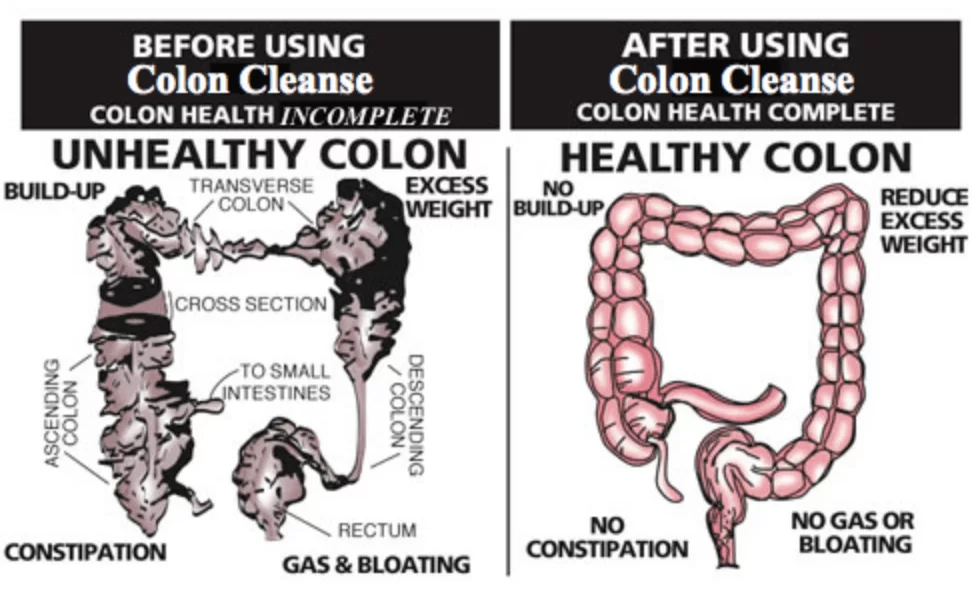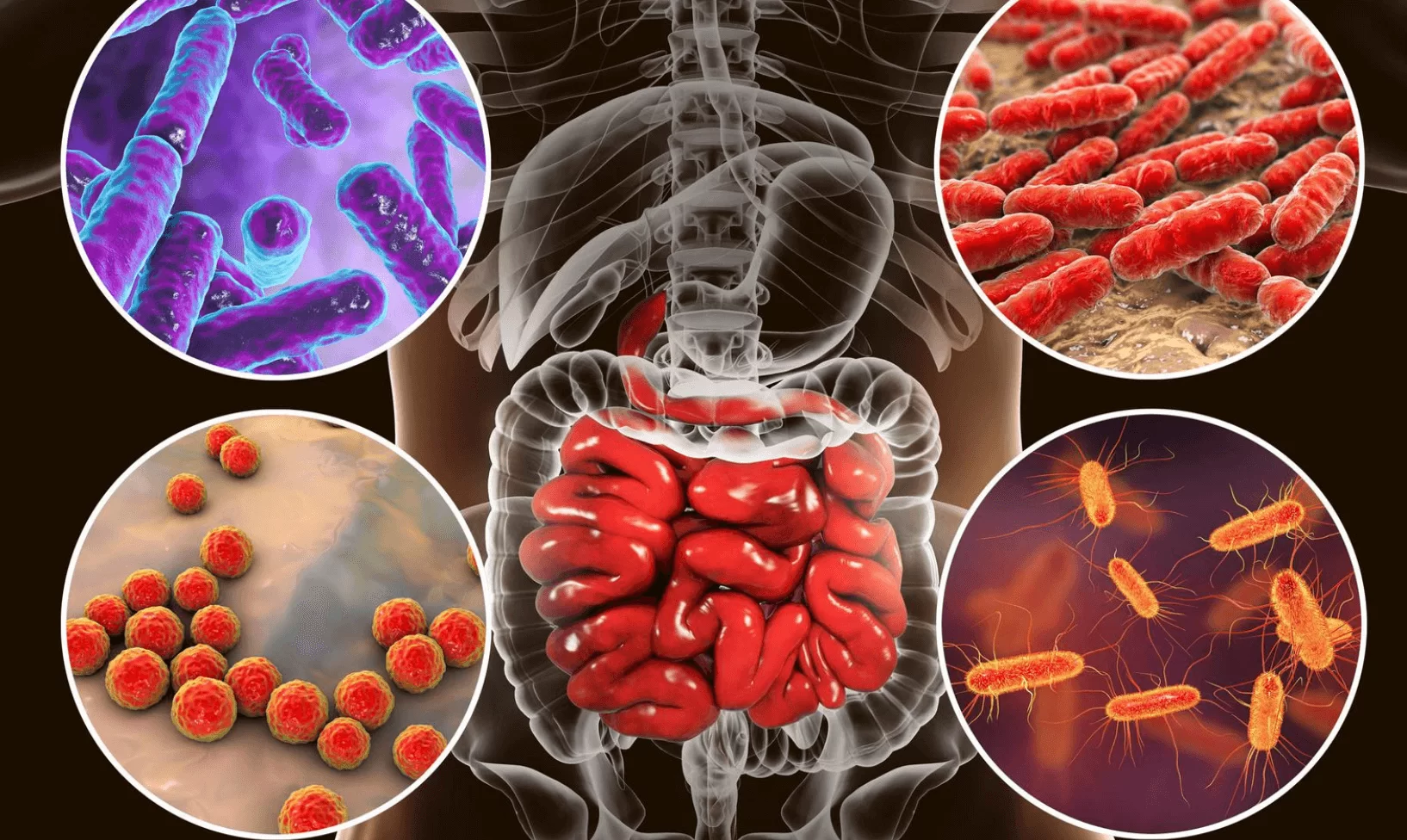
Unfortunately for many, this news about the detrimental aspect of certain dental procedures comes a little too late. Just as dentists will tell you that amalgam (mercury) fillings are perfectly safe, they’ll assure you that root canal treatments are perfectly normal and safe procedures; however, there is a lot of evidence to the contrary available now. Historically, root canals have been performed as a response to dental pain and/or deep-set decay within the nerve chambers of teeth. Occasionally root canals treatments are performed after a physical trauma has irreparably damaged a tooth. The truth of the matter is that root canal procedures are incredibly dangerous and very difficult to do anything about later.
Your dentist won't tell you about this about root canal treatments
Whether or not your dentist recommends root canal treatment, it is wise to self-educate about the dangers of modern dental procedures so that you don’t blindly authorise an unnecessary and potentially life-threatening treatment. If your dentist even knows about this (advising Associations are known to given inaccurate reports), they aren’t likely to admit it; after all, license revocation and being sued probably aren’t the most appealing prospects. This is also why you won’t find out about the dangers of fluoride or amalgam from them. Even more worryingly, Dr Mercola has reported that when root canal bacteria combine with mercury from amalgam fillings, your DNA can actually be altered irreversibly. These disease-causing mutations can then be passed on to – and through – offspring. This increases the potential for birth defects and new diseases. Mercola will tell you that plenty of diseases that sprang up over the last 100 years can be attributed to dental procedures.
Root canal treatments create breeding grounds for bacteria
When a dentist performs a root canal treatment, unless he or she is exceptionally skilled, the chances are that the root cavity will not be 100% filled. This means that there will be a tiny space at the base of the cavity in which bacteria can proliferate, and reports indicate that only 30-40% of root canal procedures have been done ‘correctly’. It is impossible to reach this area later to sterilise it. Therefore the only option to correct such a procedure is to remove the entire tooth, and even then this has to be done in a very specific and careful way that many dentists will not be capable of doing – or authorised to do. If this disease-causing bacteria is left to its own devices, it can spread around the tooth and into the bloodstream. One study concluded that of 1500 root canal-treated teeth examined under a microscope, 87% showed that disease-causing bacteria were present. Another concluded that over 70% of patients who had received the treatment had the same bacteria present in their blood. People who have had wisdom teeth removed are also at risk, as the sockets tend not to heal fully, becoming breeding grounds for the same kinds of bacteria.
Which diseases are caused by root canal bacteria?
There are many conditions that can manifest in the body when one of the 28 different kinds of bacteria gets into the blood. Below are some of the most common:
- Heart diseases and heart attacks
- Neurological diseases
- Liver and kidney diseases
- Breast cancer
- Chronic fatigue
- Meningitis
- Diabetes
- Human papilloma virus (HPV)
Fatigue is common because pathogenic bacteria are able to destroy enzymes critical for ‘ATP’ production. ATP is essential for our bodies cells to produce energy. The link between root canal treatments and cancer has long been established.
How you can prevent root canal infections?
As Dr Mercola wisely recommends, the distribution of antibiotics is a bad idea on many levels. Antibiotics irreversibly damage the gut flora, paving the way for many more infections and diseases. Your immune system simply can’t handle these kinds of drugs. Oil of oregano is a powerful alternative, provided that it has a minimum of 70% carvacrol content. Colloidal silver is another product that acts in the same way as antibiotics but without doing such harsh damage to the gut. If you haven’t yet had a root canal treatment, it is arguably better to have a tooth removed. If you have, you can do things like:
- Clean your teeth (and floss) a minimum of twice daily with fluoride-free and chemical-free toothpaste
- Take up oil pulling with coconut oil or unrefined sunflower oil
- Keep your tongue clean and change toothbrushes every three months
You can also:
- Cut down on acidic food and drink (necessary to keep the body alkaline)
- Drink distilled water, which cleanses at a cellular level
- Eat a balanced, healthy diet
- Consult an Ayurveda specialist, as they understand disease caused by dental problems very well
- Use essential oils such as tea tree oil, clove, liquorice root, cinnamon, turmeric root, parsley, and neem
- Take a good alkalising supplement and/or a probiotic supplement
- Increase your green tea intake to help fight inflammation
Having had a root canal treatment doesn’t automatically guarantee a decline in your long-term health, but it does significantly increase the chances, so it would be wise to use this as motivation to take extra care of your health ongoing. If you need any advice on doing so, feel free to contact MediMush.




 What You Need to Know about Treating Fibromyalgia
What You Need to Know about Treating Fibromyalgia
 The Ion Effect: How Negative Ions Boost Health
The Ion Effect: How Negative Ions Boost Health

.png)









